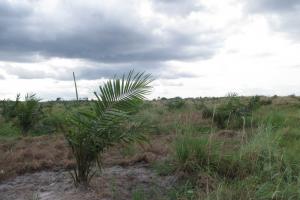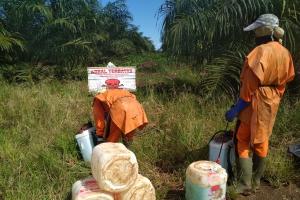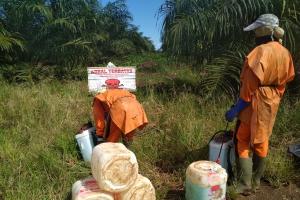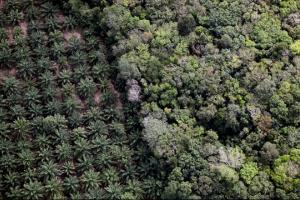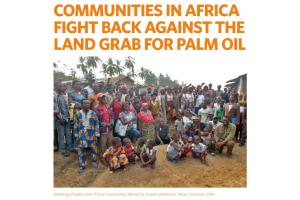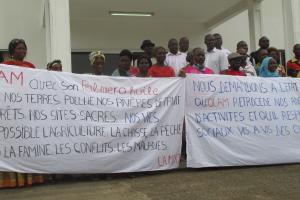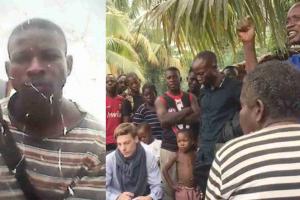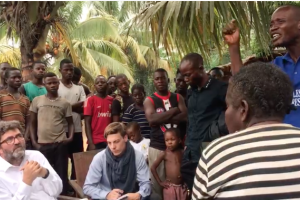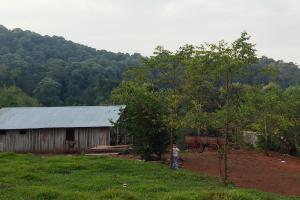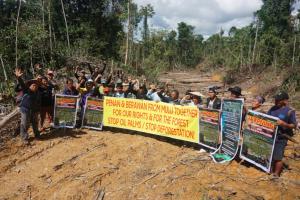Palm Oil
The oil palm tree is native to West Africa. It is an important tree for forest-dependent communities, their cultures and their economies. However, large-scale oil palm monocultures for industrial production (oil and agrofuels) have been driving deforestation and land grabbing in Southeast Asia. More recently, oil palm monocultures are also driving destruction in Africa and Latin America.
The Singapore-based OLAM company has secured access to 500 thousand hectares of land in Gabon to set up large-scale oil palm plantations, a country with 85% of forest coverage. How can OLAM then claim to follow a “zero deforestation” commitment?
Exploitative working conditions in the oil palm plantations’ industry in Indonesia are persistent and the main victims are mostly women. Although this situation is often overlooked, the production process of the world’s largest producer of palm oil is strongly influenced by its existence.
A new report on the state of industrial oil palm plantations in Africa shows how communities are turning the tide on a massive land grab in the region.
We need your support! We call on organizations, groups, networks and movements to sign this petition in solidarity with Gabonese communities threatened by OLAM / SOTRADER plantations. You can adhere until Thursday, September 19.
In a statement released on 14 August 2019, RIAO-RDC and support organisations call on DRC authorities to immediately find and arrest the murder suspect. Weeks have passed since the killing of Joël Imbangola Lunea without an arrest of the murder suspect.
A letter signed by over 140 organizations and social movements from different countries around the world and by over 110,000 individuals has been sent to the President of the DRC and the Governour of Equateur province, where the killing took place.
We ask for your urgent support. Please sign on to the Action Alert. It is important to send the letter as soon as possible.
A member of the Congolese environmental and human rights organisation RIAO-RDC was brutally killed by a security guard of the Canadian palm oil company Feronia Inc. on Sunday, July 21, 2019, near the company’s Boteka plantations in Bempumba, Eqauteur Province, DRC.
While the destruction of forest territories continues, more pledges, agreements and programs are being implemented in the name of ‘addressing deforestation and climate change’.
Millions of hectares of mostly forested areas in Malaysia have been targeted for developing monoculture plantations –including expanding timber plantations-, however, many of these have not been fully developed yet.
